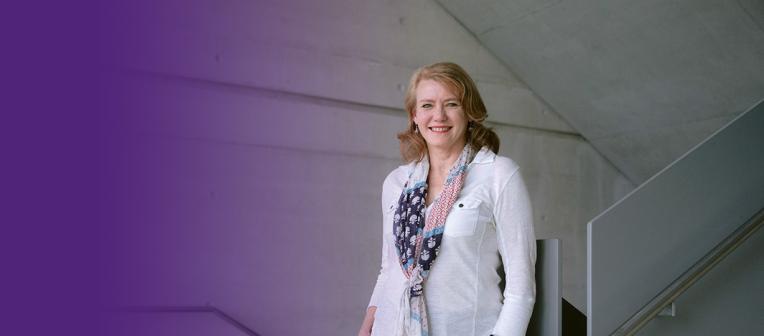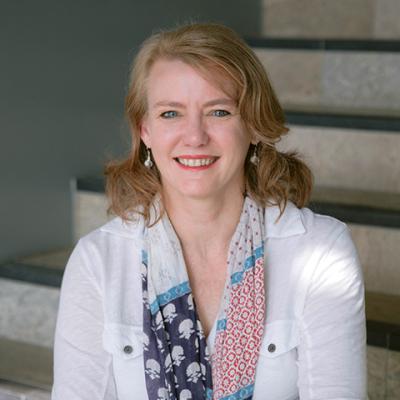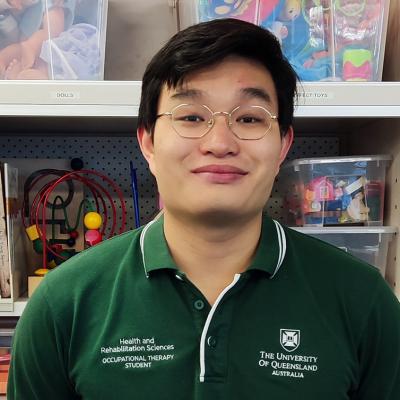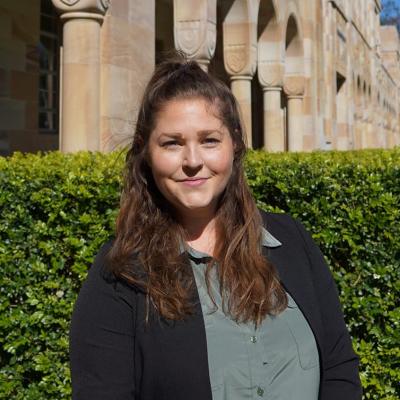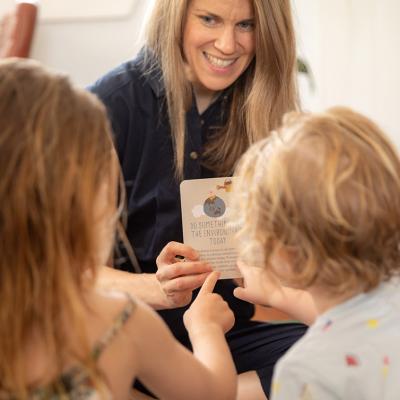In a changing healthcare landscape shifting to meet the needs of an ageing and diverse population, individualised care has gone from buzzword to critical necessity.
Staff shortages have resulted in healthcare systems that prioritise efficiency over a patient’s unique needs and organisational KPIs over individualised care. And while there are positives to increasing efficiencies, a standardised model of care doesn't consider how each patient wants to participate in life or how they measure success when it comes to their own care.
Enter Associate Professor Jodie Copley, researcher and educator in occupational therapy at The University of Queensland, who is leading the way in client-centred teaching and research.
Jodie understands the challenges that both occupational therapists (OTs) and healthcare consumers face when providing individualised care. She's using her own research and experience to best prepare the next generation of OTs.
And it’s an approach that requires healthcare teams to become more collaborative than ever.
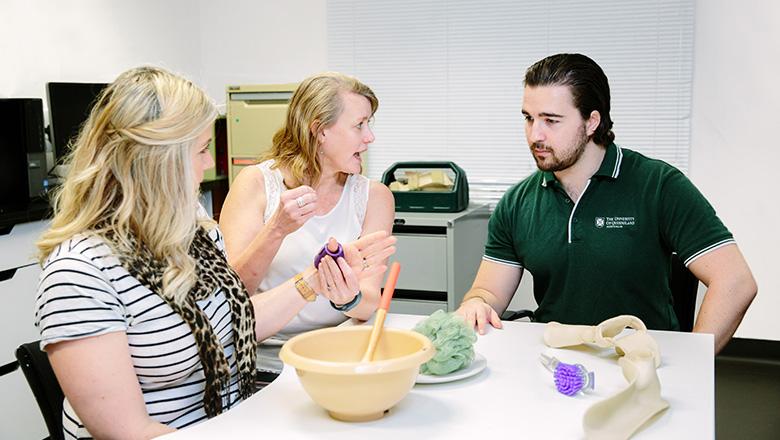
Championing a client-centred care approach
As an OT with over 30 years’ experience, Jodie has worked with children with developmental and learning difficulties and children and adults with brain injuries.
Do they all require the same care? Not likely.
“My early experience as a clinician revealed to me the importance of occupational therapists being adept at considering a lot of complex patient information," says Jodie.
"This skill is crucial in order to work effectively with individuals and ensure that therapy outcomes are meaningful to them.”
Jodie places great emphasis on preparing OT students to deliver client-centred care, acknowledging the unique needs of each client, and promoting individualised approaches to recovery. This mindset extends to educating students on how to collaborate with other allied health professionals within the healthcare system.
This dedication to clients and colleagues has not gone unnoticed, either. Jodie was recently awarded the Australian Universities Award for Teaching Excellence in Health.
Improving care at home, and abroad
Jodie's passion for educating the next generation of occupational therapists and enhancing the quality of occupational therapy and client care extends far beyond Australia.
Alongside her teaching responsibilities, Jodie is currently collaborating with occupational therapists in Chile to evaluate their university curriculum. She’s also involved in assessing their practices when working with individuals with brain injuries, aiming to ensure that the approaches employed are evidence-based and reflect contemporary cutting-edge practice.
“Because most research about occupational therapy is published in English, Chilean OTs don’t get access to current knowledge to guide what they do," she says.
”It’s important that the way OT develops in Chile reflects what is important to Chilean culture."
“I’m helping these OTs develop research skills so they can generate their own knowledge about what works well in their own contexts.”
Jodie is also working with colleagues from UQ's Institute of Urban Indigenous Health to develop a goal-setting tool for Aboriginal and Torres Strait Islander peoples. This tool aims to assist health professionals in gaining a comprehensive understanding of what’s important to their clients, rather than making assumptions about their values or priorities.
The future’s in safe hands
Undoubtedly, under Jodie's guidance, the upcoming generation of occupational therapists is poised for a promising future. As the significance of future OTs continues to increase, Jodie holds great hopes and aspirations for her students.
“The National Disability Affordability Scheme (NDIS) has given many Australians access to a greater level of health support, and since its implementation, occupational therapists are the most sought-after profession," she says.
“The next generation of OTs have so much to look forward to – making a real difference in people’s lives, coming up with creative and bespoke solutions to individual problems, and being highly valued for their holistic approach."
“They leave UQ with a solid base of knowledge and skills in a range of areas, including working with children to adults and older people, and those with physical, cognitive, and mental health challenges. They will know how to look at the big picture and not just focus on ‘fixing’ people, but adapting their environments to work for them."
“Additionally, they’ll be equipped with exceptional self-management skills, enabling them to engage in lifelong learning with determination and resilience," says Jodie.
“Equipped with these qualities, they’ll become advocates for client-centred practice and vocal champions for marginalised and disadvantaged groups in society.”
Are you interested in learning more about occupational therapy at UQ?
Discover the Bachelor of Occupational Therapy (Honours)
Considering a switch to occupational therapy?
Complete the Master of Occupational Therapy Studies in only 2.5 years

